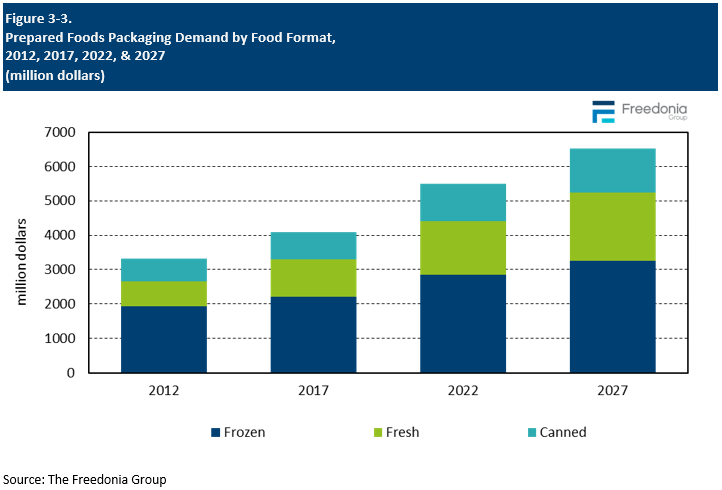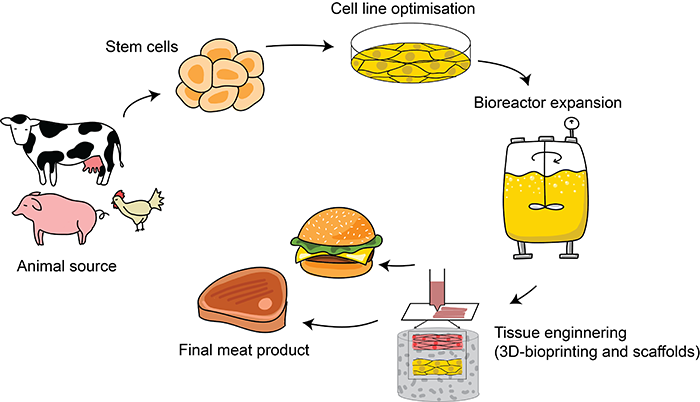Cultivated Meat's Climate Impact - New LCA Study Shows Promising Results

As the world grapples with the environmental impact of conventional animal agriculture, cellular agriculture – the technology behind cultivated meat – is increasingly positioned as a potential solution. A recent life cycle assessment (LCA) study published in December 2023 in The International Journal of Life Cycle Assessment has added significant weight to this argument, demonstrating that cultivated meat could offer substantial environmental benefits over traditionally produced meat.
Delving into the Details: Methodology and Findings
The study, conducted by researchers from the University of Oxford, sought to provide a comprehensive analysis of the environmental footprint of cultivated meat production. Unlike previous LCAs that relied on hypothetical models, this study used primary data collected from a pilot-scale cultivated meat production facility. This approach allowed for a more accurate and realistic assessment of the environmental impacts associated with different stages of the production process, including cell culture, media production, and biomass processing.
The LCA focused on four key environmental impact categories:
- Global warming potential (GWP)
- Land use
- Water use
- Eutrophication potential
The results were striking. Compared to conventionally produced beef, cultivated meat demonstrated the potential to:
- Reduce GWP by up to 92%
- Reduce land use by up to 95%
- Reduce water use by up to 78%
- Reduce eutrophication potential by up to 98%
The Significance: A Turning Point for Sustainable Food Systems?
These findings are significant for several reasons. Firstly, they provide robust, data-driven evidence to support the claim that cultivated meat can be a far more environmentally sustainable alternative to conventional meat production. This is particularly important in light of the growing urgency to reduce greenhouse gas emissions and mitigate the impacts of climate change.
Secondly, the study highlights the importance of using real-world data from operational facilities to assess the environmental impact of emerging technologies. As the cultivated meat industry scales up, conducting LCAs based on actual production data will be crucial for identifying and addressing potential environmental hotspots and ensuring the industry's overall sustainability.
However, it's important to acknowledge that the study also identifies areas for further improvement. The production of growth media for cell culture was identified as a key contributor to the environmental footprint of cultivated meat. This underscores the need for continued research and innovation in developing more sustainable and cost-effective media formulations.
Looking Ahead: A Catalyst for Change and Collaboration
This latest LCA study serves as a powerful reminder of the transformative potential of cellular agriculture in creating a more sustainable and resilient food system. The significant environmental benefits highlighted in the study make a compelling case for increased investment in research, infrastructure development, and regulatory frameworks that support the responsible development and scaling of the cultivated meat industry.
As the technology continues to advance and production costs decrease, we can expect to see cultivated meat playing an increasingly important role in meeting the world's growing demand for protein in a way that benefits both people and the planet. However, realizing this potential will require ongoing collaboration between scientists, industry stakeholders, policymakers, and consumers alike.


:max_bytes(150000):strip_icc()/dog-treats-glass-storage-container-3f5d7e36-81df4011d844459c9272c9c8404bc38d.jpg)













Comments ()